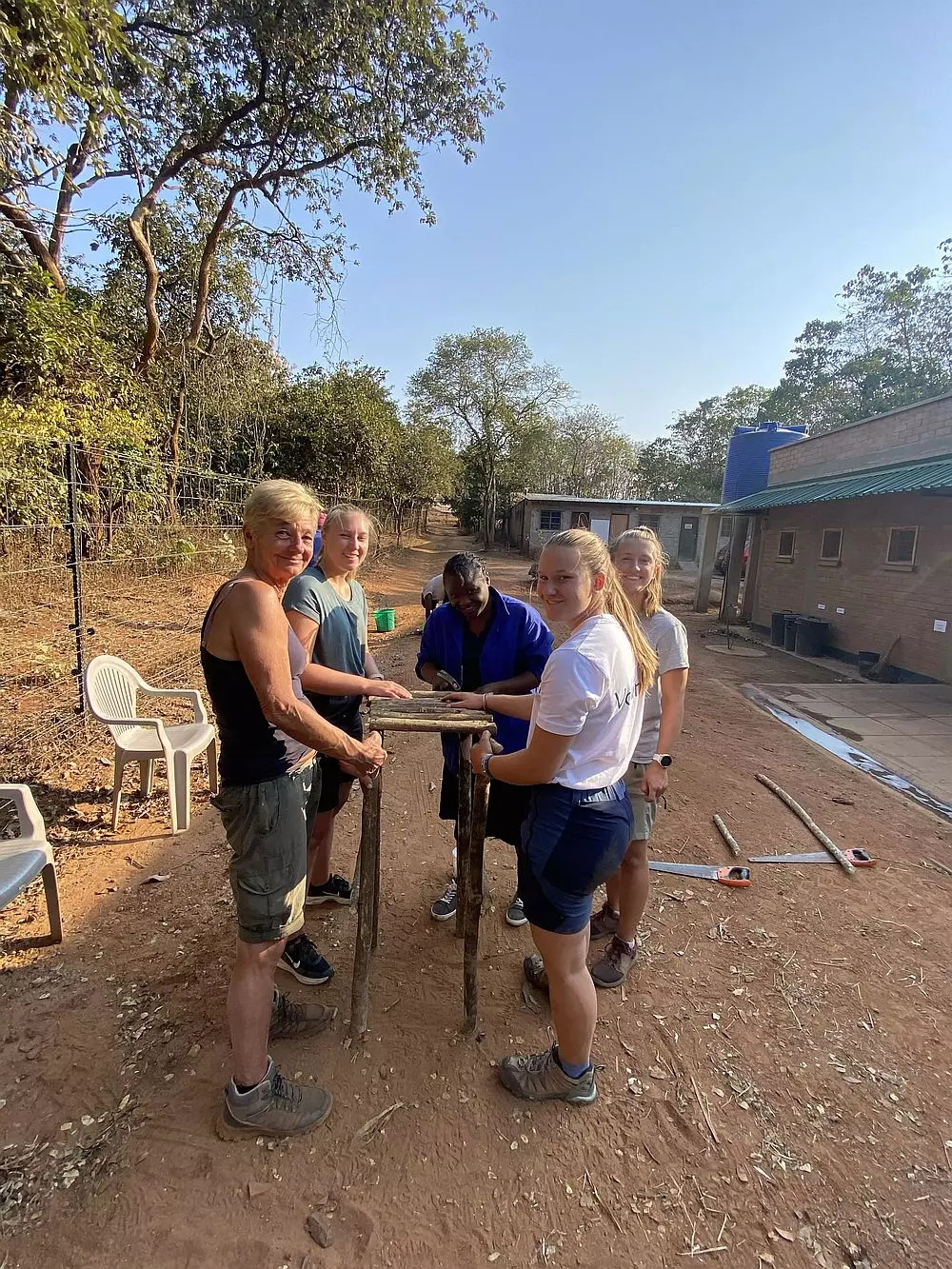

Lilongwe Wildlife Centre
Join the renowned Lilongwe Wildlife Centre as an animal care volunteer or as a student member of the veterinary team!
Speak To A Travel Expert
Activities
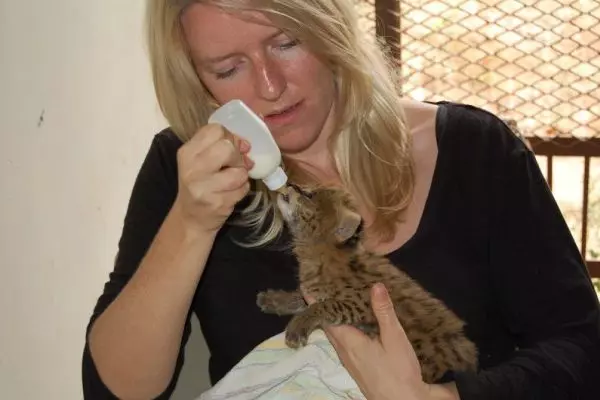
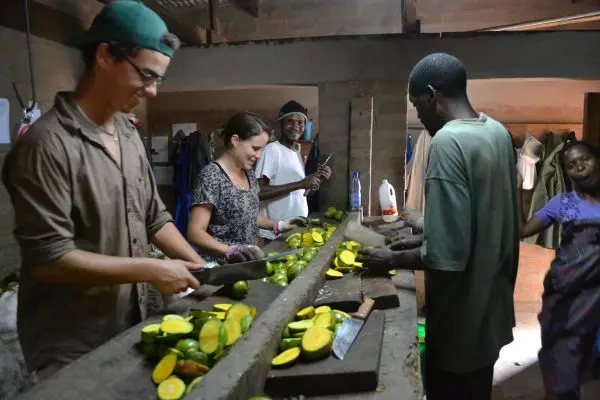
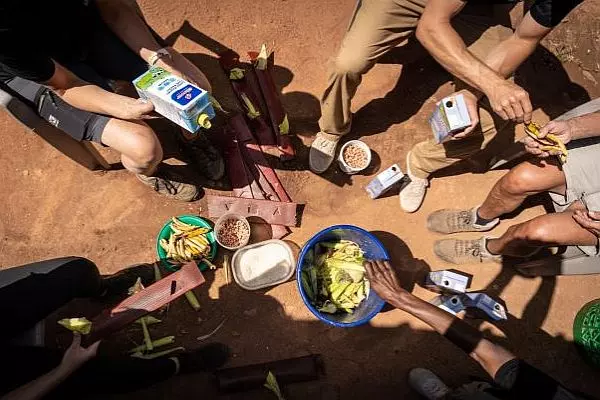
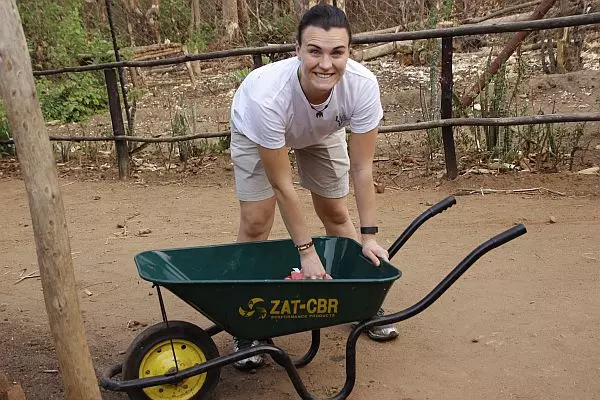
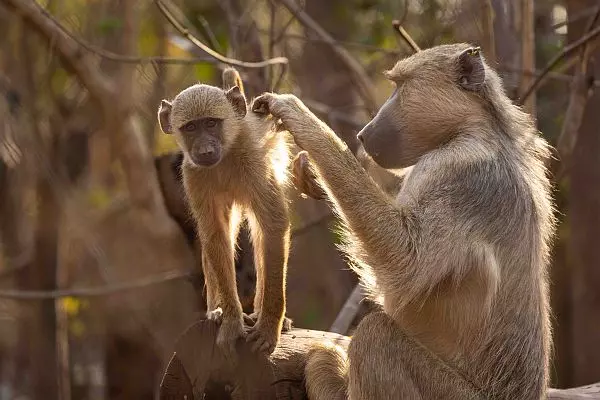
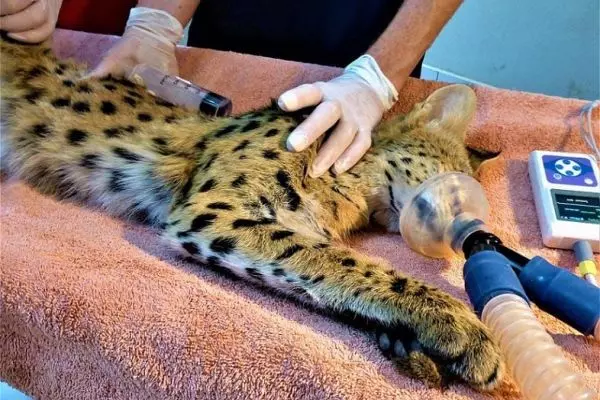
Itinerary
This itinerary is set as a two-week block with volunteers able to choose their own schedules according to preference but within reason. If you choose to volunteer for a longer duration, the number of project days would increase.
Durations & Prices
Accommodation
Accommodation
The on-site volunteer accommodation can host up to 17 people at a time across six triple-share same-sex bedrooms. It includes a lounge, kitchen, inside and outside dining spaces, two bathrooms, laundry space, an outdoor deck and a garden. The building is located within the heart of the wildlife centre, which means you’ll experience the magic of bush life after a hard day of work – spending evenings by the fire listening to the sounds of the forest. Wi-Fi is available at the volunteer house and you will be provided a local SIM card on arrival.
Meals & Beverages
All meals are included and prepared by the project’s local chef, apart from on Sundays when the chef has the day off. The menu is vegetarian with a mix of international and local dishes. Special dietary requirements can be catered for but please let us know in advance so the team at the project site have plenty of time to prepare for your arrival.
If you would prefer to dine elsewhere on occasion, there are many great restaurants just a short drive away and the wildlife centre’s on-site restaurant serves fantastic lunches. Whichever option is your preference, you can certainly look forward to sampling Malawian cuisine!
Project Details
Getting There
You will need to arrive at Lilongwe International Airport between 9am and 5pm on your project start date, where a project representative will be waiting to transfer you to the wildlife centre. This transfer takes approximately 25 minutes.
If you arrive in Lilongwe a day early, we recommend that you spend a night at a local hotel. If you need recommendations, please contact the travel team.
Visa Requirements
Most nationalities do not need to obtain a visa to enter Malawi, and entry is permitted free of charge on arrival. Please note, however, that visas are your own responsibility and we recommend checking your own requirements with your country’s embassy and online via Malawi Tourism's website.
Fitness & Skills
The construction work undertaken on this project requires a moderate level of fitness. The other tasks, however, are not particularly physically strenuous, but a fair level of fitness is advised. No specific skills or experience are required, just a commitment to this dedicated project and its commendable ethos. However, if you do have specific skills or experience that you feel will greatly benefit one of the project’s programmes, this is always warmly welcomed and every contribution has a lasting impact on the endangered species that need it most!
Vaccinations
To volunteer on this project, you will need a chest x-ray or skin test to show that you do not have Tuberculosis. Also, you'll need to be vaccinated against Rabies. These are ESSENTIAL, as without them, you will not be granted access to the volunteer areas on site. All other vaccinations will depend on the medical history of each volunteer. We recommend that you consult your Doctor/GP regarding your own vaccination needs to ensure you are fully protected and prepared to volunteer in Malawi.
Gallery
News & Stories

Geoff, Mani and Dasi Move to New Outside Enclosure
UPDATE | Feb 2025
Rescued warthog Geoff and duikers Mani and Dasi move into a new outdoor enclosure this week. Watch as volunteers help to release them and the trio explore their new environment. They'll stay here for the next few months before their release back into the wild!

Boots & His Foster Mother Thriving
UPDATE | Jan 2025
The vervet youngsters who arrived at the Lilongwe Wildlife Centre with the onset of the rainy season are now progressing toward being integrated into troop life over the next few months. Look at how relaxed Boots is, safely in the care of his new foster mom, Lulu. She will help him develop the skills to survive when he is old enough to be released back into the wild.

The Busiest Time of Year
UPDATE | Dec 2024
As the rainy season arrives in Lilongwe, there is often an influx of baby animals. Currently, they are caring for orphaned duikers, primates, hyenas, a warthog, and more! Here are a few snapshots of the newest additions.
Reviews
An interesting experience but sadly not so many animals the time I was there. Malawi is very welcoming!
It has been a fantastic experience, which has given me a good understanding of wildlife rehabilitation process. I was impressed by professionalism and commitment of the team at Lilongwe Wildlife Trust and it was great to be a part of it. Malawi really is the warm heart of Africa! In the picture is my most loved Pauline - duiker, who I had the pleasure to take care of
What's Included
- Accommodation
- Three meals per day
- Airport transfers
- Full orientation and support from the project managers
- Local SIM card
- Project t-shirt
What's Not Included
- Flights
- Travel insurance
- Visas (if required)
- Soft and alcoholic drinks

























